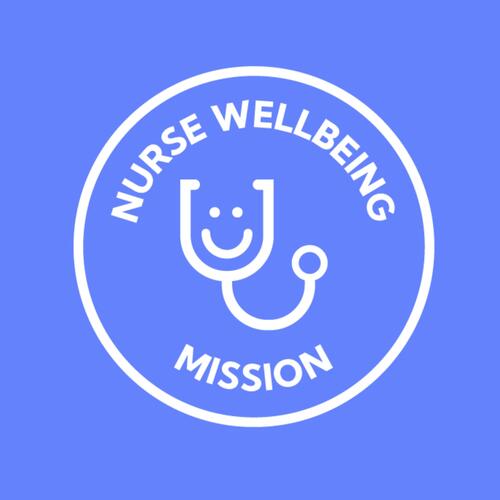
Ep 13: How to reduce fatigue in shift workers: The role of evening light. A conversation With Despina Artenie
Episode · 0 Play
Episode · 37:52 · Feb 28, 2023
About
Fatigue is a common problem in the workplace. It’s even more common and well-documented in people who work night shifts because of the lack of sleep they experience. It can cause different problems in our body systems that can, later on, affect the quality of our lives.It’s a good thing that in some workplaces fatigue is monitored among their employees and interventions are being implemented. However, in healthcare, this type of monitoring is not present and there is a lack of training available.In this episode, Nathan Illman talks to Despina Artenie, a psychologist who has conducted some research looking at ways to improve fatigue in night shift workers. She shares the interventions they implemented in her study, the results, and some useful recommendations for night shift workers.Listen and learn in this episode.KEY TAKEAWAYS FROM THIS EPISODEWorking night shifts can lead to sleep problems, and digestive and metabolic problems, and can affect our overall health.Our normal circadian rhythm or biological clock is heavily influenced by daylight. This is due to the way we evolved with the Earth's continuous shift in light/dark cycles across 24 hours.This leads to alertness during the day and sleepiness at night. This is why, as humans, we work during the day and rest and regenerate at night.During a night shift, the body clock flips. The continuous shifts of schedules cause a circadian misalignment. All the jumping back and forth makes it hard to get good quality sleep.The most potent way to adapt to the shifts is to control light exposure. This taps into the evolutionary mechanisms in our brains.The issues with controlling light exposure of shift workers are the fact that the conditions at work are out of their hands and that light exposure is quite time-sensitive.Below we explain Despina's research study and how she and her colleagues provided artificial evening light to nurses:Interventions given to nurses in the study:Using a lightbox to get 40 minutes of bright light exposure using the lightbox as late as possible before going to work Avoiding light in the morning after a shift by wearing sunglasses Sleeping in the morning in a dark environment or using an eye maskInterventions on the active control group:Eating a meal before going to workEating low-protein meals when eating at night Results: The study found that the light exposure intervention did indeed reduce subjectively reported fatigue in the experimental group.Conclusion: 40 mins of evening light exposure is a safe, acceptable, and effective means of reducing fatigue in shift workers. It can be done at home for a low cost.Quick recommendations that can help with fatigue or sleep problems: Nap in the afternoon between 2 pm to 6 pm.Try to get a proper dinner before the shift.Have a healthy snack if you’re hungry.Have a low-protein breakfast.Drink water proactively.Try to socialize with your work colleagues to keep yourself alert.Try not to drink caffeinated drinks 3 hours before sleeping.Mind your sleeping hygiene by blocking external noise and not using your phone before sleeping or with 100% brightness.Lightbox recommendation: 10,000 lux of wide spectrum light and has a UV filter, use at arm’s length.Website: https://www.nursewellbeingmission.comFacebook Group: https://www.facebook.com/groups/nursewellbeingmission E-mail Address: nathan@nursewellbeingmission.com
37m 52s · Feb 28, 2023
© 2023 Blubrry (OG)